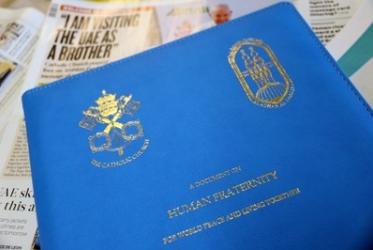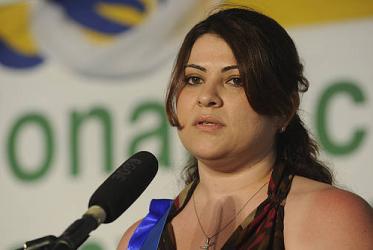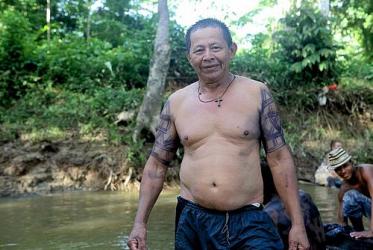Displaying 81 - 100 of 118
Dialogue on HIV, sexual reproductive health and rights
12 March 2014
Churches advocate for the rights of stateless people
01 March 2013
16 Days of Activism to end violence against women
21 November 2012
Assembly theme explored in new issue of The Ecumenical Review
18 October 2012
Human trafficking: violence against humanity
22 May 2011
Bolstering ecumenical peace-building in Colombia
24 February 2011












